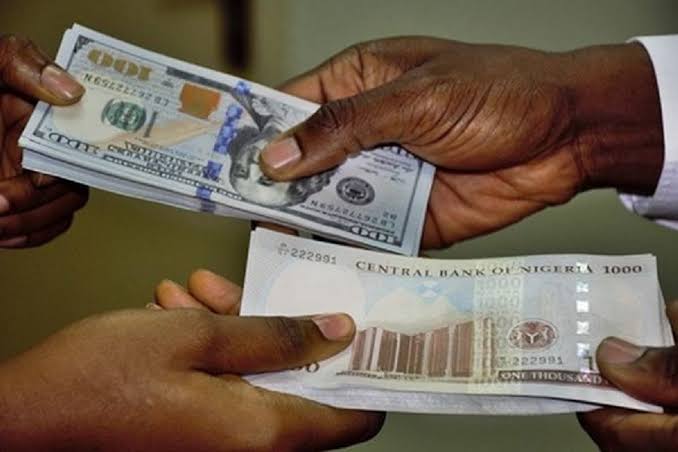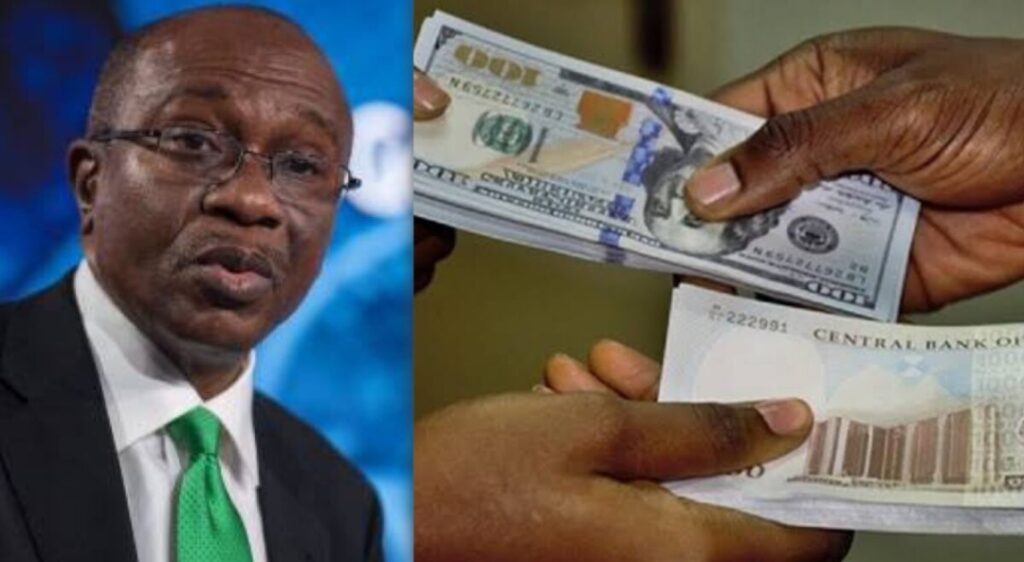The recent move by the Central Bank of Nigeria (CBN) to further float the Naira in the foreign exchange market has sparked mixed concerns in the country’s economic sector.
The CBN’s directive to price and trade the Naira transparently, following a “willing buyer and willing seller” policy, initially led to a depreciation of the Naira against the US dollar.
This, in turn, prompted the CBN to introduce several policy interventions to stabilize the Naira, including lifting the exchange rate cap and easing rules on international money transfers
The country’s currency has experienced marginal appreciation against the US dollar three times since the recent interventions, and the supply of US dollars surged at the official foreign exchange market.
However, the move has also led to an over 40% upward review of the import exchange rate, raising concerns about the potential impact on the cost of imported goods and services
Experts and industry stakeholders have expressed varying opinions on the CBN’s recent interventions. While some have called for a reversal of the import duty exchange rate to avoid further impoverishment due to reliance on imported goods, others have supported the CBN’s efforts to stabilize the Naira, citing the undervaluation of the currency and the need for policy interventions to strengthen it
In light of the ongoing concerns and discussions surrounding the CBN’s recent measures, it is evident that the management of the Naira’s exchange rate and the country’s foreign exchange market remains a critical issue with far-reaching implications for the Nigerian economy
The CBN’s recent measures have been aimed at addressing the challenges in the foreign exchange market, particularly the scarcity of the US dollar, which is essential for international trade, investment, and transactions.
The country’s heavy reliance on oil exports, overdependence on imports, and decline in foreign investment have been identified as major factors contributing to the foreign exchange problem.
To overcome these challenges, experts have proposed solutions such as diversifying the economy, encouraging foreign investments, promoting export-oriented industries, enhancing forex reserves, implementing prudent fiscal policies, improving transparency and accountability, and strengthening regional trade.

